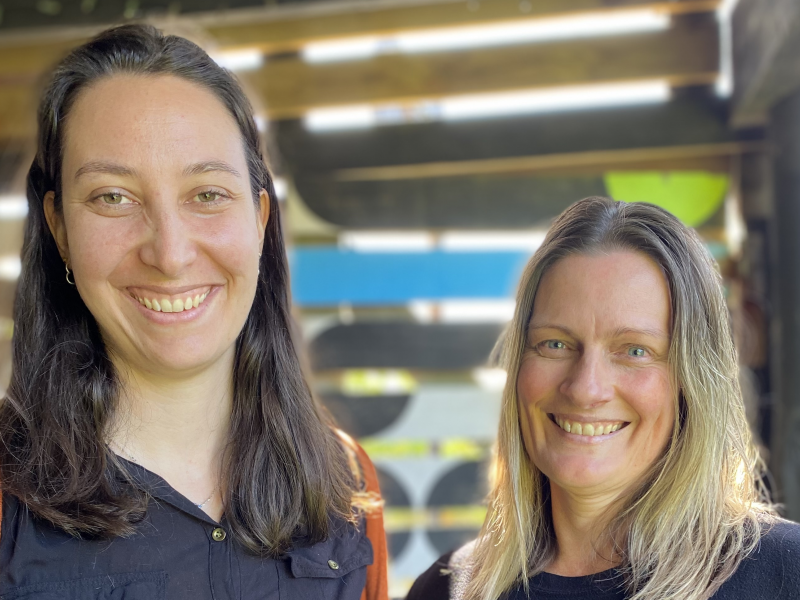EIT’s Te Reo Māori classes swamped with students
EIT’s Te Ūranga Waka is experiencing an unprecedented run on te reo Māori classes.
“We are swamped with students,” says Pareputiputi Nuku, Pouarataki, Te Ūranga Waka.
“Last year we met the Level 2 EFTS (equivalent full-time students) target for the whole year by the end of semester one. 2019 appears to be following suit.”
For this term, six new part-time tutors have had to be appointed in order to accommodate the large number of new students.
Currently EIT Hawke’s Bay runs 20 te reo Māori classes, of which night classes are in particularly high demand. On top of that EIT offers five ACE (Adult Community Education) programmes which target working professionals and is tailored to industry needs.
“In these classes we have teachers wanting to know how to run a pōwhiri at school, how to introduce themselves, or do a karakia,” says programme coordinator Matewai Timu.
“There was a maths teacher in one of my classes who wanted to learn maths related Māori words like plus and minus to be able to use them in class.”
At the end of the year EIT introduced a new Level 5 diploma that gives students the option of exiting with this qualification or enrolling in the second year of the Bachelor of Arts (Māori).
An increasing number of businesses are signing up their staff for te reo Māori classes.
In two weeks’ time EIT is starting a te reo Māori course at the Hastings District Council.
“They completed Level 2 last year and are now proceeding with Level 3. It’s the first time that we are teaching a level 3 course in a corporate workplace,” says Matewai.
There is massive demand from non-Māori too.
“We have a lot of immigrants who want to get a taste and a safe introduction around the pronunciation of names which then adds to the CV of course,” says Matewai.
“It took a while to become normalised but now it’s breaking through the threshold.”
People are becoming more open and receptive.
“I have noticed a genuine interest in learning our language and a change in thinking,” says Pareputiputi.
























